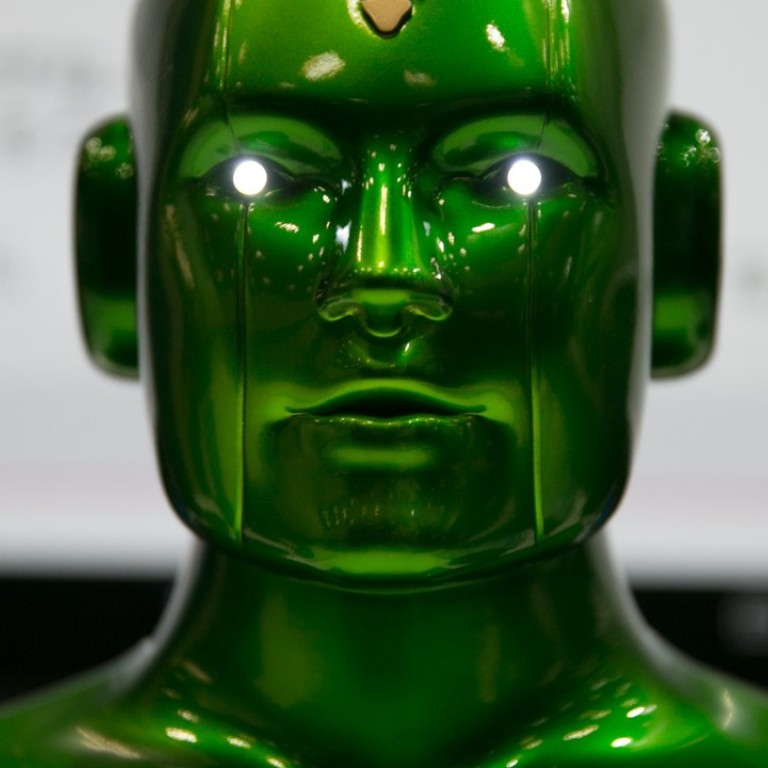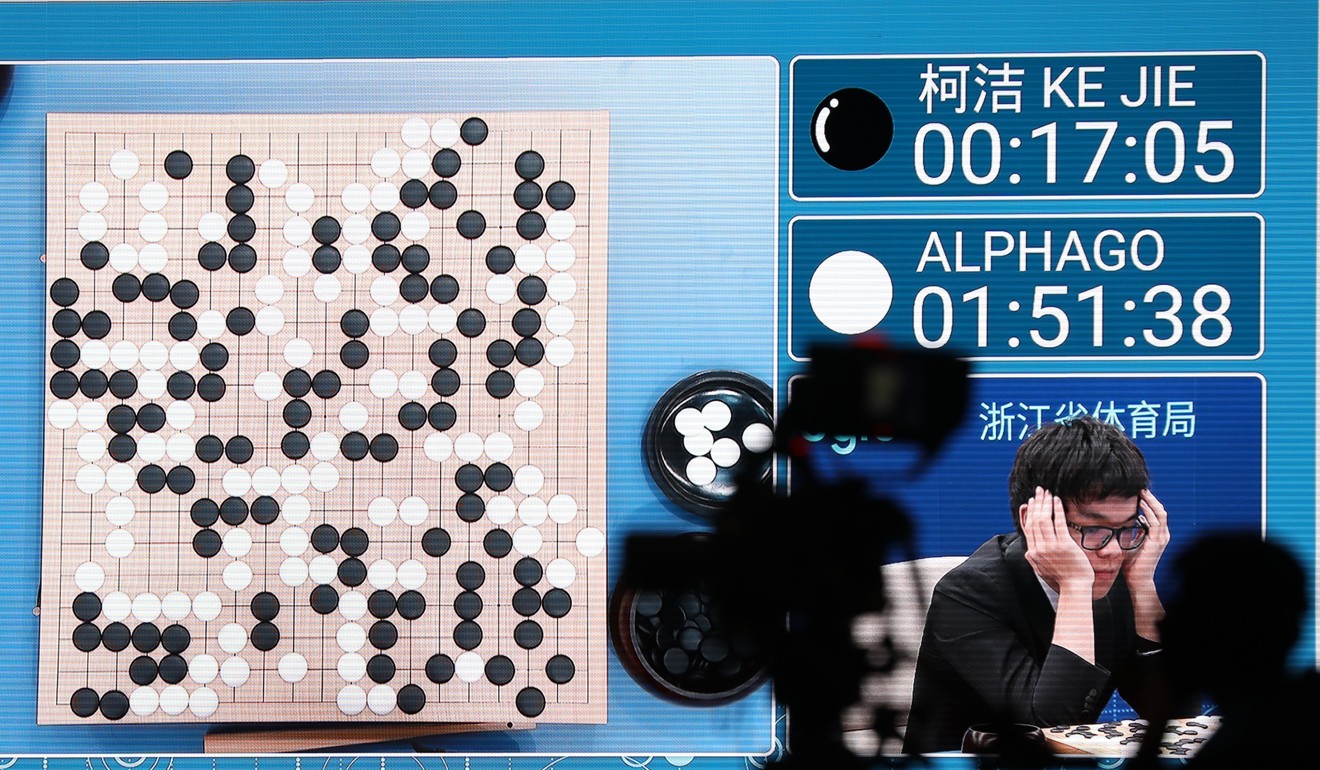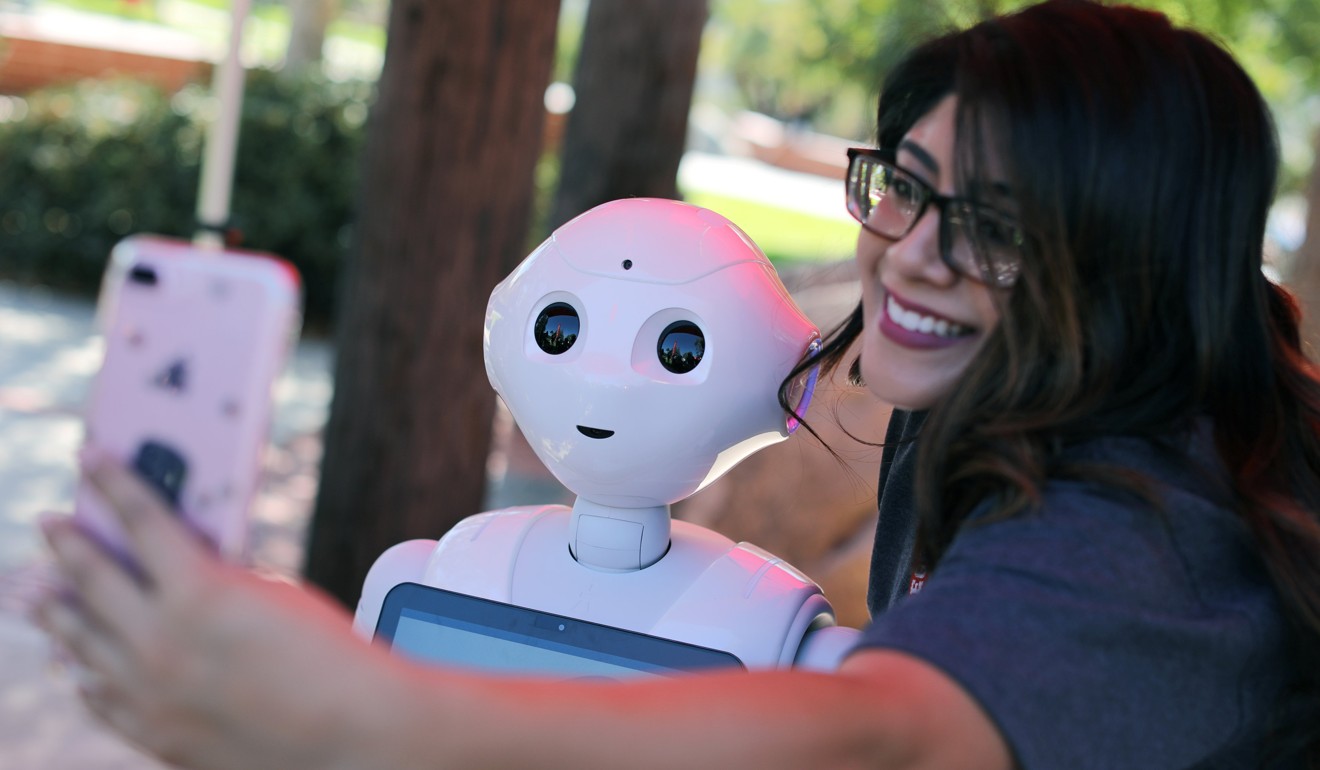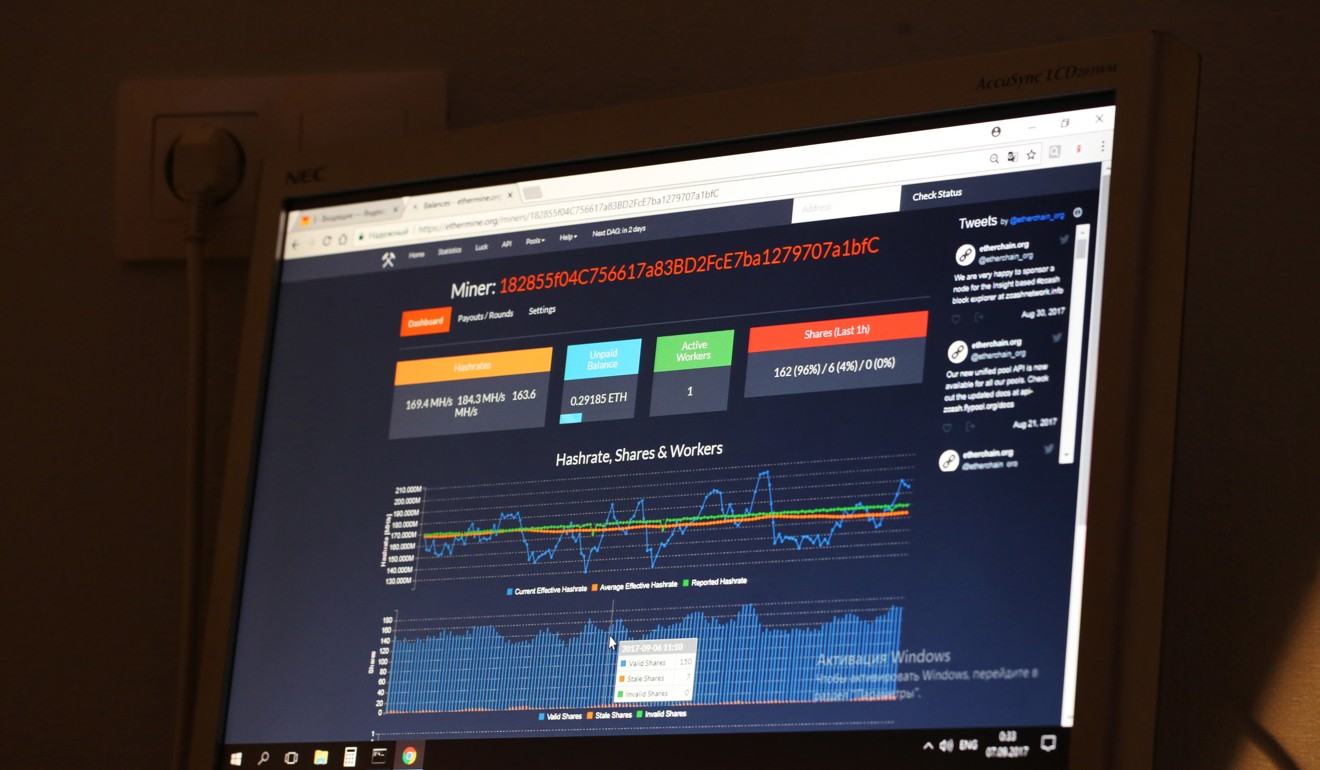
Artificial intelligence is changing the world, but IQ isn’t everything
Andrew Sheng says the future direction of technology can’t be predicted, and while machines are getting smarter, no single one can replace all human decision-makers
The reason Star Trek and other sci-fi shows and movies are so popular is because they explore the moral dilemmas of science in an entertaining way. Will robots kill their makers? As science and technology advance to where we can edit genes, will we extend life or create new Frankenstein’s monsters?

Current artificial intelligence is the discovery that knowledge advances through algorithms, which Harari defined as “a methodical set of steps that can be used to make calculations, resolve problems and reach decisions”. Through them, you can program a computer or robot to learn and adapt. Perhaps computers can even learn to identify and write algorithms.
The simple reason technology will never replace humans, according to Jack Ma
The speed of AI and technology in general has been such that there are even those who think this is end of manufacturing, and therefore the end of manufacturing in China. Extrapolating in a linear fashion is a common mistake made by futurologists. History does not evolve in a straight line, but is shaped by conflicting and cooperative forces that drive evolution in a non-linear manner.

Alibaba to spend more than US$15bn on technology research with launch of collaborative academy
The present is a derivative of the past, just as the future will be a derivative of both the past and the present. Events unfold in ways that man has not been able to predict with accuracy. Using big data and probability mathematics, AI enables us to extrapolate based on the best knowledge available, but there will always be an element of uncertainty – both known unknowns and unknown unknowns, including the unknowable.
In his 1945 paper, “The Use of Knowledge in Society”, Nobel laureate philosopher/economist Friedrich Hayek understood that knowledge does not come coherently or rationally, but in “dispersed bits of incomplete and frequently contradictory knowledge which all the separate individuals possess”. Thus, even the biggest AI computer cannot play deus ex machina. It does not compute.
Mortal beings need not feel dumb or numb about smart machines. The threat is not from machines, but other humans using smarter AI robots as tools to reach speed, scale and scope.
This is not about man versus machine, but man versus man (plus machine). The competition between man (and today, nation states) is such that every country is trying to devise its own Industry 4.0 plan. The AI battle has only just begun.

Hayek’s central insight means that we cannot build the ultimate planning machine, because the market or economic order works on the basis of millions of decentralised decisions. He argues that “in a system where the knowledge of the relevant facts is dispersed among many people, prices can act to coordinate the separate actions of different people in the same way as subjective values help the individual to coordinate the parts of his plan”.
The irony of the world today is that in a situation of disorder, order wins, and in a situation of order, disorder wins.
The great unravelling of a US-led global order
In other words, you can be IQ smart, but EQ dumb. Hillary Clinton never understood why she lost to Trump. It was her game to lose and she lost it, despite all her own excuses. Her consolation prize is to write best-sellers that explain her own inadequacies.

It was never an equal world. The dumb ones who do not learn become lunch, but as the holy books always claim, “the meek shall inherit the Earth”. How much the meek shall inherit has never been properly explained.
Andrew Sheng writes on global issues from an Asian perspective

